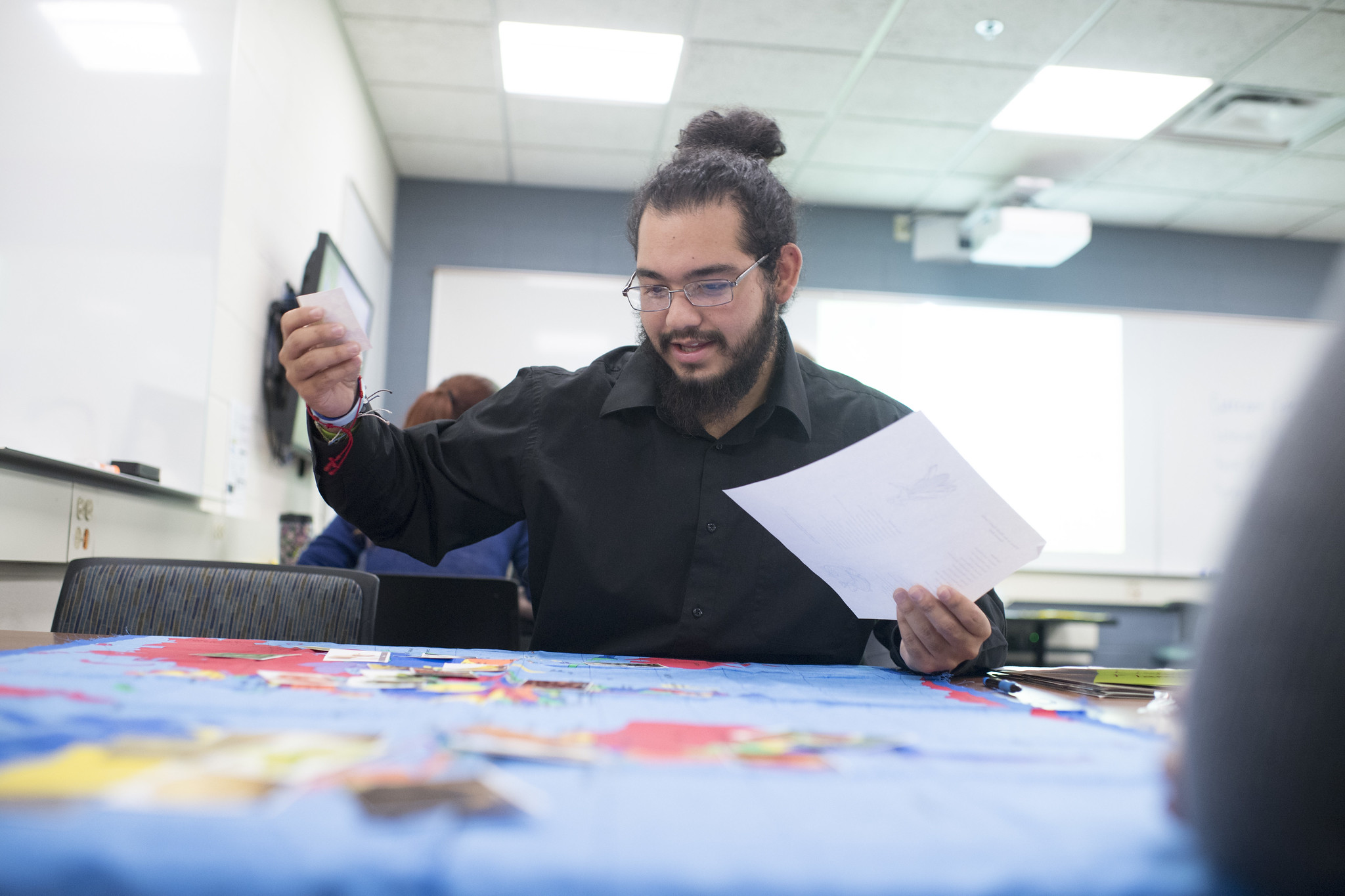Teaching special education is an act of love and service unlike any other. Special educators play an important role in creating an inclusive classroom. They are able to give time and attention to their students with neuro-diverse learning abilities that would otherwise be unavailable in a typical learning environment. While the work is rewarding, it is also an extremely demanding role. For this reason, special education instructors are especially prone to burnout.
Rachel Jorgensen is the program director of the Teacher Coordinator of Work-based Learning License at Bethel University. As a special education teacher herself, she realized that there was a need to address the issue of burnout among special education teachers in a simple and practical way. Leveraging her almost 20 years of field experience, she has compiled fifty evidence-based strategies and practices in her newly launched book Loving Your Job in Special Education: 50 Tips and Tools as a resource for teachers in special education.
Here are some of Jorgensen’s practical tips on how special educators can avoid burnout:
1. Be connected with yourself.
Longevity in the field of special education is all about connection: the ability to connect with students, to connect with families and colleagues, and to connect with oneself. Connection with self is the most important protective measure for a special educator to be sustained in the daily demands of the job. Find ways to refresh your soul and your heart on a regular basis. Create a daily morning ritual such as making coffee or listening to a playlist while you prepare for the day. Cultivate self-trust rather than self-doubt. Learn to set appropriate boundaries around your time.
2. Let go of perfectionism.
The temptation to be perfect is one every teacher faces. Learn to let go of perfectionism by choosing flexibility instead. Every lesson won’t be perfect so pause at times to ask yourself: “What do I need most at this moment?” Then, offer this to yourself with all the love you would give to someone else. This powerful habit can help you take better care of yourself, and you can teach your students to do the same. It is important to celebrate every win, no matter how small, and encourage students to do so as well.
3. Practice gratitude, acceptance, and remembering your purpose.
These three are key ingredients to lasting joy in the special education profession. Developing tools to maintain a regular gratitude practice can benefit special educators and their students. At times, situations will be challenging and the best course of action is to practice acceptance. “This is hard, but I can get through it,” is an empowering message we can offer ourselves. Finally, adhering to a sense of purpose means that we stand firmly in who we are and why we chose special education.
Practicing these simple steps will contribute to overall health and wholeness. Always remember, you can’t pour from an empty cup and it’s not selfish to make sure you have what you need to be in the best mental space possible before you enter the classroom.
The Master of Arts in Special Education Program at Bethel’s Graduate School helps prepare special educators to successfully and sustainably navigate their roles in inclusive classrooms.

